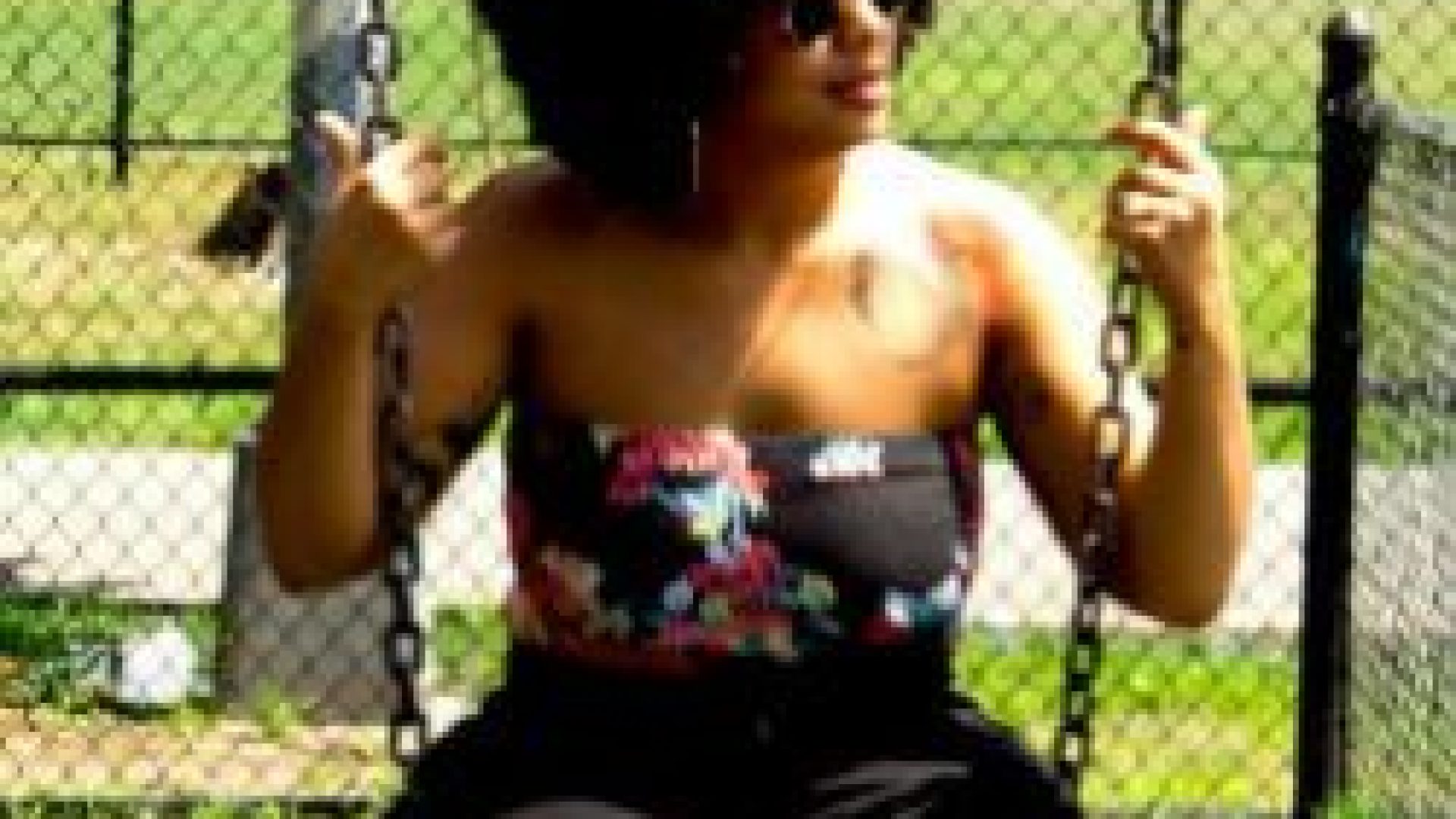
After generations of internalized oppression and colorism reinforced by slavery and colonialism, we were told that all things associated with our blackness was synonymous with ugliness, which certainly includes kinky, curly hair.
There is no such thing as good or bad hair.
Whether you rock it curly, straight, in a bun, in cornrows, in braids, or in twists, a hairstyle should not be used to define you. Hair is what we make of it, even if we cannot neglect real-life discrimination and hate against the natural hair community.
Deciding to go natural is making a life-transforming decision–it tends to revolutionize your train of thought, your political views about the world, and most importantly, how you view yourself.
The root of the ‘good hair’ vs. ‘bad hair’ debate
In order to understand natural hair from a sociological standpoint, we have to take it back to how ‘good hair’ vs. bad hair’ happened. During the times of colonization, slavery not only involved enslaving Africans against their will, but also decades of raping women. This created a caste of mixed race slaves, also known as mulattoes. The favor they received due to their Europeanized aesthetic features inherently caused the darker slaves to grow envious and angry toward their lighter-skinned brothers and sisters. Essentially, this led to a deep-seeded internalized hatred of their ‘bad’ African features such as having dark skin, a wide nose, round lips, wide hips, a round butt, and coarse, kinky-textured hair.
We spoke to Christy Martinez, founder and visionary of C. Divinity Productions. The proud AfroLatina does not allow her self-esteem or hair to be victimized by anyone else’s views and here, she explains how ‘good hair’ to the Black community is what ‘pelo bueno’ is to the Latino community.
What Pelo Bueno means to the Latino community in the U.S.
Pelo bueno is a term used among many Latinos of African descent to describe having hair that is perceived as manageable, long, silky, and straight. There are many Latinos who have the stereotypical ‘pelo bueno’ while the others who do not have concocted various ways of attaining it, many of them dangerous and unhealthy.
For centuries, people with any sort of kink in the texture of their hair relied on chemical relaxers, texturizers, hot combs, irons, and blow dryers to achieve straighter hair. This long history of labeling hair as good or bad is part of the systemic denial and alienation of our African lineage. After generations of internalized oppression and colorism reinforced by slavery and colonialism, we were told that all things associated with our blackness was synonymous with ugliness, which certainly includes kinky, curly hair.
I remember how good it felt to be real to myself, to have made the choice to not only stand up to my family, but to everyone who had ever thought nappy was not happy. I felt like a woman–a black woman–when I once felt like a nobody who faded into the background. Going natural rewarded me with my womanhood: I looked in the mirror and saw who I really was and for once in my life, I felt genuine.
Perming my hair for so long felt like a self-inflicted act of hatred.
It was as if I was paying a stylist to turn my hair into an open-ended apology letter to racism and internalized oppression, when in reality I was never sorry for being black, I was proud. In a society that has systematically denied me access to my African roots, I have found an open window by going natural. Releasing my attachment to the chemical process that made me look more convenient, likable and, in essence, white, helped me release the preconceived notions society had set for me–the same notions that have trapped my people for centuries.
My ‘fro is a historical act of resistance due to its popularity during the Civil Rights Era and the Black Panther movement.
That’s why I feel so much judgment when I unapologetically walk down the street in my active ‘fight the power’ vibes because people do not like to be reminded of the darkness of our past and an afro stands tall and proud, no shame at all.
Finding the goddess in me
Once I made the decision to cut off my chemically processed hair and allow my natural hair to grow, I felt a weight of shame, guilt, self-hatred and resistance shed. I’ve found the goddess within by killing the demons that once ruled my self-image. It has made me appreciate life and nature. In re-growing my hair I’ve realized how much I am like plants and animals, in need of love, light, and water for sustenance.
Ultimately, my curly, kinky, in-your-face ‘fro has made me see myself for who I really am: a beautiful, wise, gifted soul looking for adventure and freedom. I may never be able to control the ignorance of others, but I can control my own. In doing so, I have decided to affirm every day that I am not my hair, I am not this skin, I am the soul that lives within.
Follow Christy on Instagram @afrolatinadivina

